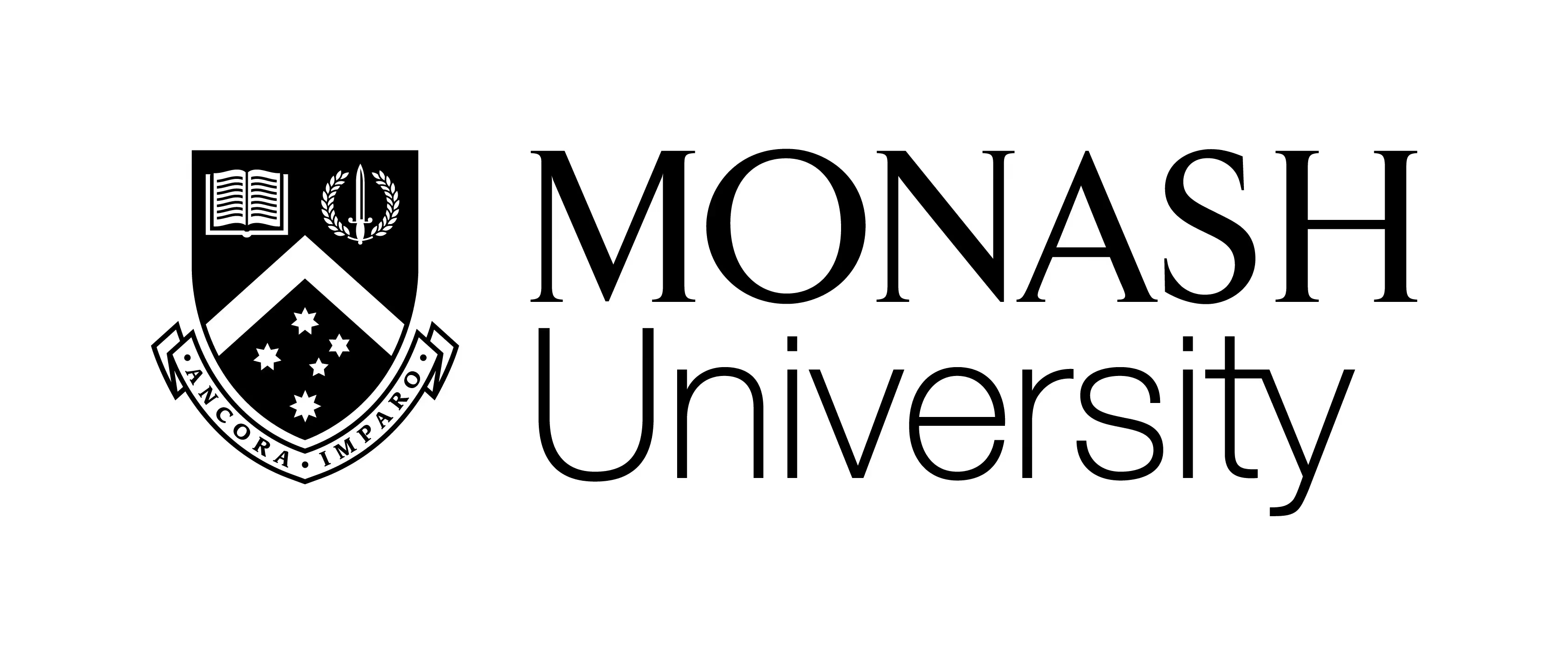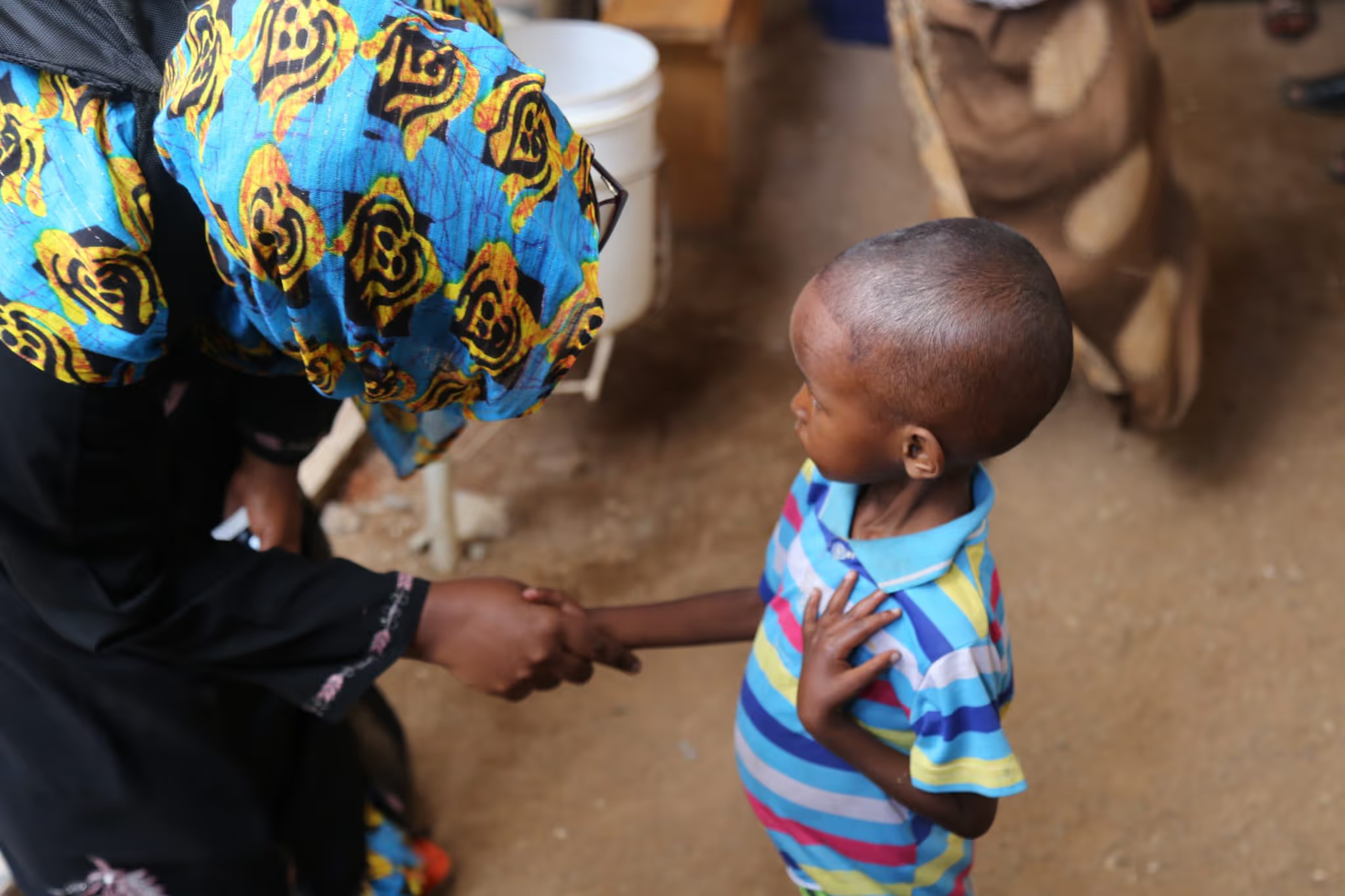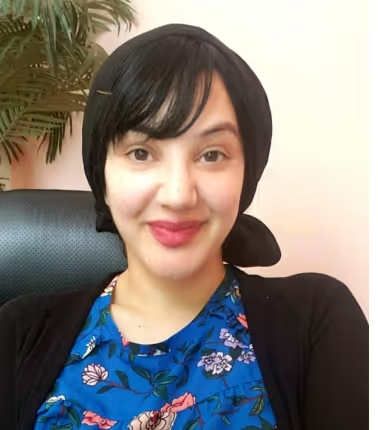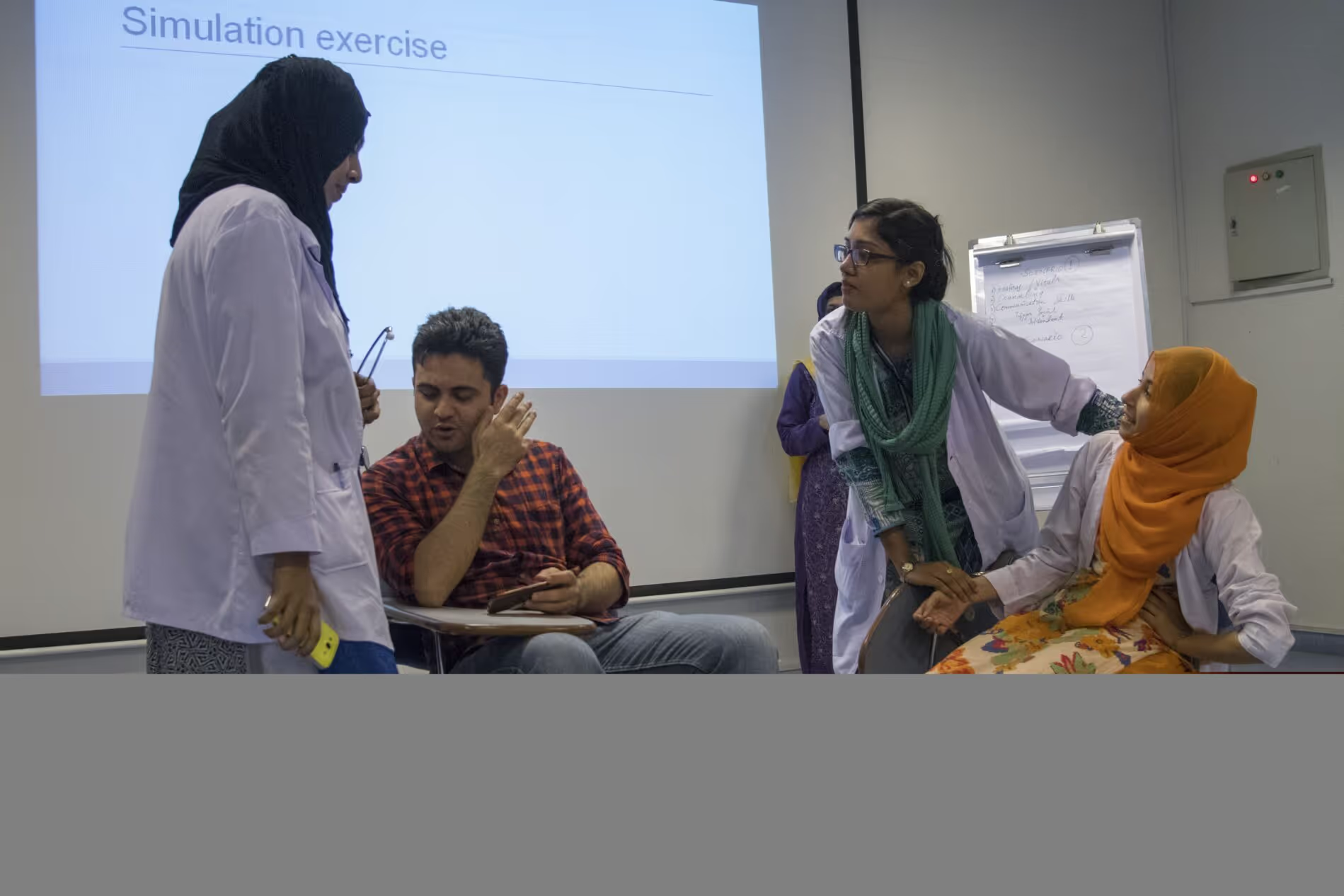MEmory Training for Recovery-Adolescent: An intervention for adolescent refugees

Project overview
Project solution
This project offers [specific solution or intervention] to tackle [challenge]. By implementing [strategies, tools, or innovations], the project aims to achieve [desired outcomes]. The approach is designed to [specific actions or methods] to bring about meaningful change in [community, region, or issue area].
Expected outcomes
This project aims to achieve [specific outcomes], such as [measurable results, improvements, or changes]. The expected impact includes [benefits to the target community, advancements in research or innovation, or long-term effects]. By the end of the project, we anticipate [specific changes or milestones] that will contribute to [broader goals or objectives].
Dr Laura Jobson (Monash University)
Purpose
To improve the psychological functioning of adolescent refugees using a low-intensity, low-resource training; MEmory Training for Recovery-Adolescents (METRA).
Specifically, we aim to:
- Investigate the efficacy of METRA in improving psychological symptoms (posttraumatic stress disorder, depression, well-being) in adolescent refugees.
- Investigate the feasibility and appropriateness of METRA for refugee adolescents delivered by local NGOs in low- and middle-income country (LMIC) humanitarian contexts.
- Examine the mechanisms mediating treatment effects.
- Include a cost-analysis of METRA in LMIC humanitarian contexts.
Expected Outcomes
This project aims to produce METRA, a training programme that is:
- Low intensity and can be made widely and freely available. This is important because most evidence-based trauma-focused interventions are complex, high-intensity, require highly-skilled therapists, expensive to deliver, and associated with high drop-outs. Thus, they are difficult to implement in humanitarian contexts.
- Transdiagnostsic. We are targeting cognitive processes driving on-going depression and PTSD.
- Can be delivered by local staff with very minimal training required.
- Has included community input. At each stage of METRA’s development we have included community to ensure high user and provider motivation and satisfaction. On-going community and stakeholder input ensure joint partnership and a long-term focus.
These outputs will contribute to improved mental health outcomes for adolescents affected by humanitarian crises. Families and communities should also benefit as psychological distress in adolescents impacts on parents and families.

Project delivery & updates
Stay up to date with the latest developments from this project. Here, you will find details on what has been delivered, resources created, and regular updates as the project progresses. Access key documents, reports, and other materials to see how the project is making an impact.








